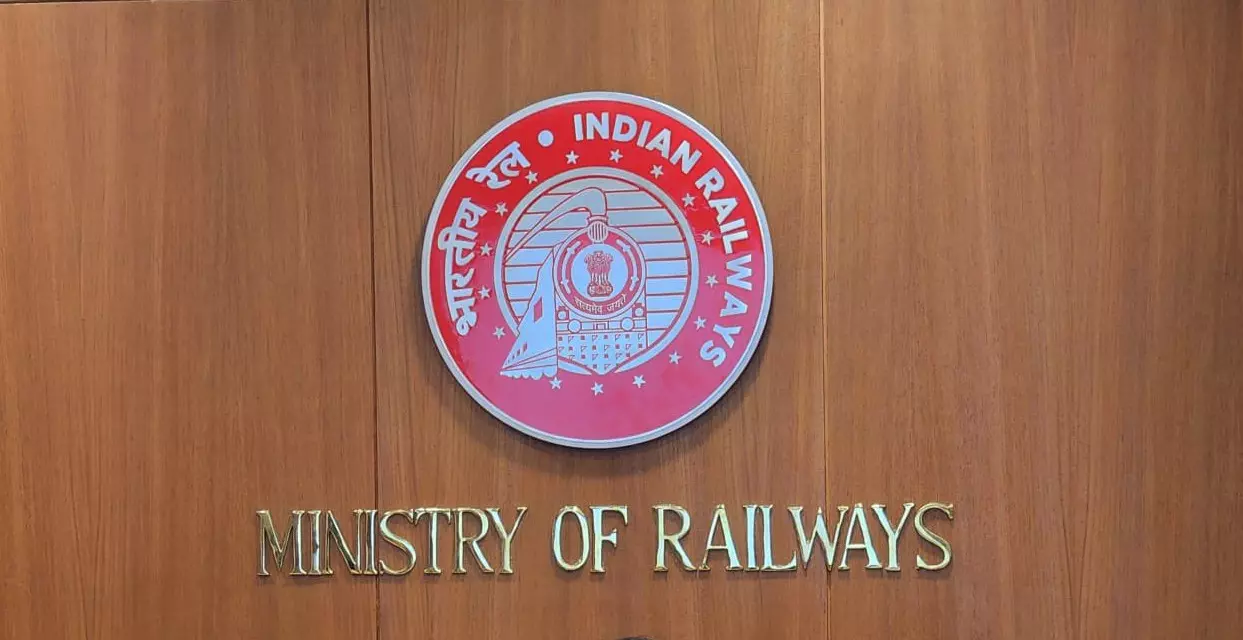Govt mulls policy to check misleading ads
Focus mostly on food and health as these sectors prone to majority false claims
image for illustrative purpose

Self-regulation
- I&B is nodal Ministry to sort out the issues
- It’ll target wrongdoers rather than all advertisers
- Exploring self-regulation option
- Govt against imposing overarching compliance burden
New Delhi: Spurred by the Supreme Court to act against misleading advertisements in the wake of the Patanjali case, the government is working on a mechanism that shields consumers from deceptive publicity without being too restrictive for industry. The mechanism would target the wrongdoers, but not trouble other advertisers.
Information & Broadcasting (I&B) Secretary Sanjay Jaju recently held a meeting with the stakeholders in the media and business, official sources told Bizz Buzz. The government is focusing on two sectors, food and health, as it is here that most false claims are made, they added.
Thinking in the Information & Broadcasting Ministry, the nodal Ministry to sort out the issues, is that it would be counterproductive to come down heavily on all players in the two sectors which are booming just because a handful of companies are indulged in malpractices, the sources said. The government’s emphases are on: targeting the wrongdoers rather than all advertisers; and self-regulation rather than imposing an overarching compliance burden.
The government has prepared its response accordingly which will soon be submitted in the Supreme Court.
On July 9, the apex court said that the advertisement industry should not suffer due to its earlier orders. It also asked advertisers to give self-declaration on the nature of ads, and directed the Ministry of Information & Broadcasting to meet various stakeholders to resolve outstanding issues.
The Supreme Court also asked Patanjali Ayurved to provide evidence that it had ceased the advertisement and sale of 14 products which were banned by the Uttarakhand government in April.
Earlier, in May, the apex court had mandated that all advertisers and advertising agencies should submit a ‘self-declaration certificate’ before publishing or broadcasting any ad. Such a certificate is aimed at affirming that the ad does not make any misleading claims.
The SC also maintained that celebrities and public figures should act responsibly, while endorsing a consumer product as advertisers and endorsers are equally responsible for issuing misleading advertisements.

